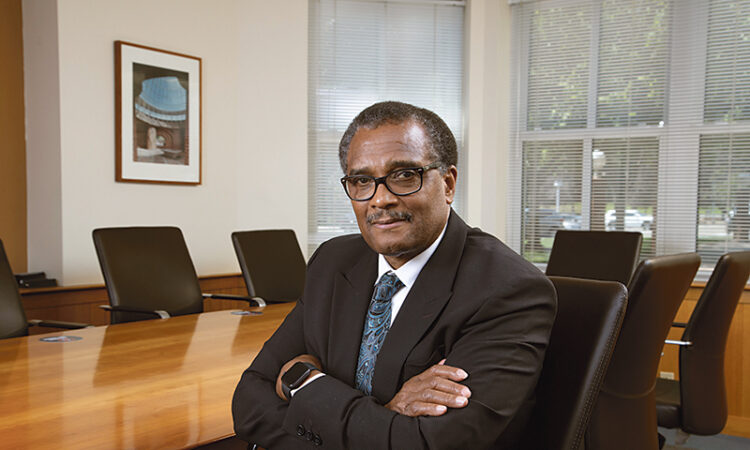
Predicting the future is something we all do, but it is easier to be wrong than right most of the time.
The question of what is likely to happen in 2023 with the global, U.S. and Connecticut economies will be determined by several factors that are also unknown at this time.
Chief among those factors are the actions of the Federal Reserve; international developments in China, Ukraine, Iran and possibly some other country that is not currently a hot spot; and developments in particular domestic markets like housing, finance, insurance, energy and labor.
The Federal Reserve
Without doubt the primary determinant of if, when, how long, and how deep a recession there will be in 2023 rests firmly with the Federal Reserve Board of Governors.
The Fed is simultaneously the biggest risk to the future health of the economy and key to taming generationally high inflation.
The federal funds rate was pushed to near zero in early 2020 as a result of the pandemic. In 2022, the Fed started raising that rate by three-quarters of a percent for six consecutive meetings. Now the federal funds rate is over 4%.
As a result of the Fed’s actions, the rate on 30-year fixed mortgages more than doubled from 3.29% in early 2020 to over 7% in November.
As of early December, the 30-year fixed mortgage rate fell back below 7%.
The overall increase in the cost of financing a home will lead to declines in housing prices, something happening now in Connecticut and around the country.
Credit card rates are also increasing, which will push consumers into greater debt and put pressure on their spending behavior.
Ironically, this is exactly what the Fed is trying to do. Slowing down consumer spending and cooling off the housing market is a reaction to the aggressive expansionary monetary and fiscal policies that were necessary to keep the economy from crashing because of the pandemic.
However, those policies, combined with other issues like supply chain bottlenecks, caused the inflation we are currently experiencing.
Economic policy operates with lags. The Federal Reserve’s interest rate increases have not had a dramatic effect on inflation yet, but consumer prices are leveling off.
Recently, Fed Chair Jerome Powell stated that future interest rate hikes may not be as large as previous ones. That proved to be true in December when the Fed announced a half-point rate hike.
My projection is that the economy will slow in 2023 and be pushed into recessionary territory. I do not think the recession will be too long or deep because just as the economy slows down and inflation abates, the Fed will begin lowering interest rates to spur economic growth.
International developments
There are always unknown international shocks that can have dramatic impacts on the U.S. economy. There are three areas that economists and policymakers are paying attention to.
The first is Russia/Ukraine, followed by China, and then there are always surprises that are not on our radar screen.
If the Russian/Ukraine war is resolved in the next 12 months, energy prices would likely fall, taking inflationary pressure off the U.S. as well as the rest of the world. If the war escalates, energy prices will remain high.
China appears to be going through a major internal political situation. China’s position as the world’s low-cost factory is threatened by global competition from lower-cost economies and the natural effects of economic growth.
When economies grow and incomes rise, people, regardless of the political ideology of the rulers, demand greater freedom to use those higher levels of income.
Chinese citizens want unimpeded internet. They want to travel. They want to read what they want to read. They want personal liberties that are currently restricted.
We do not know at this point how this will be resolved, but it could be an important X-factor to the U.S. and global economy in 2023.
The Connecticut economy is likely to track with the U.S. economy.
Based on anticipated actions by the Federal Reserve and international and local market developments, I predict the U.S. and Connecticut economies will experience a slow down by the third quarter of this year with declining real GDP and declining inflation.
Fred McKinney is the co-founder of BJM Solutions, an economic consulting firm. He is emeritus director of the People’s United Center for Innovation & Entrepreneurship at Quinnipiac University.






